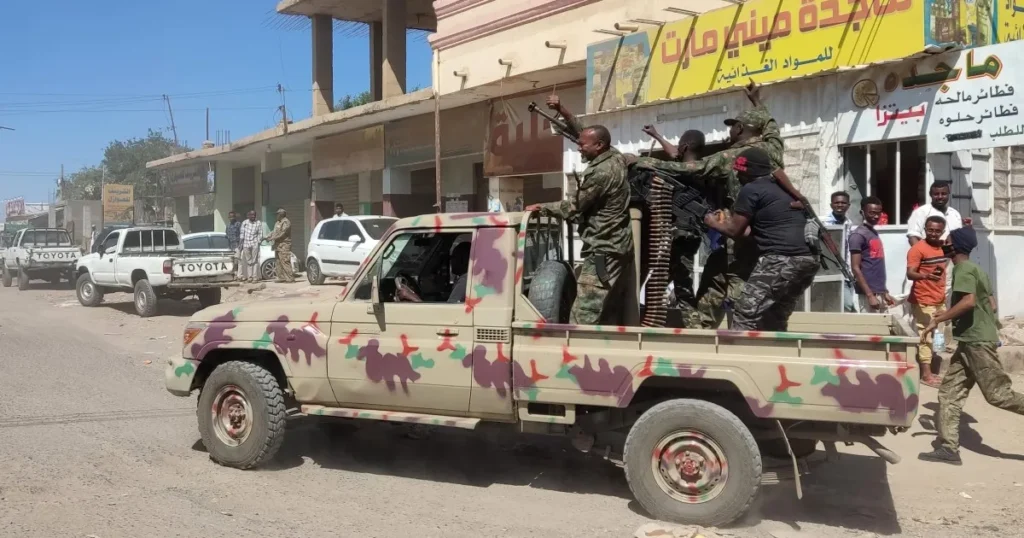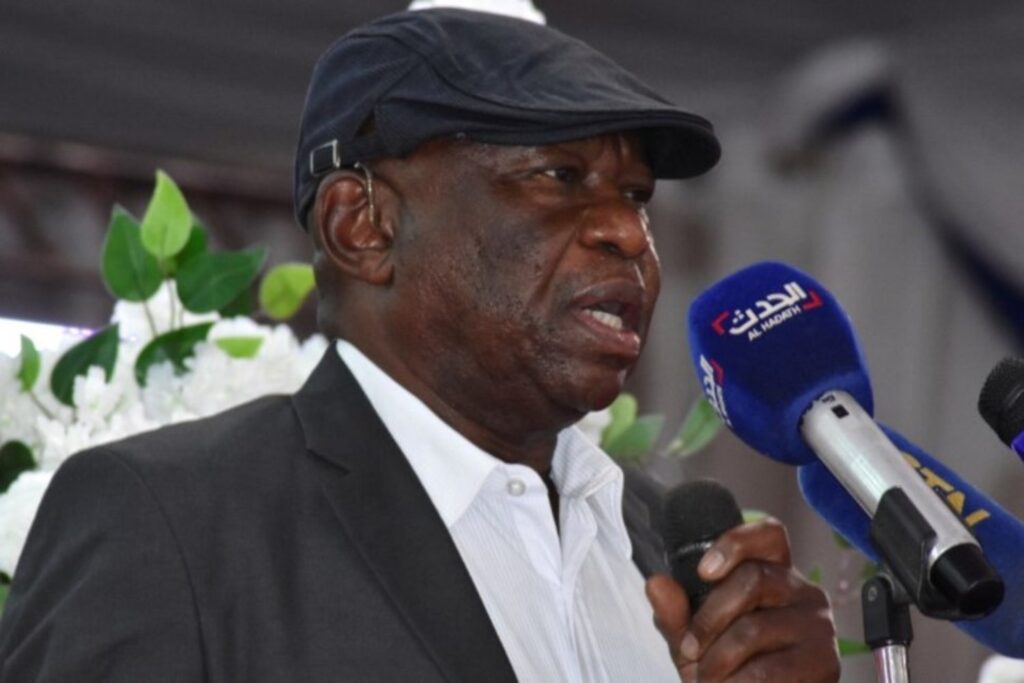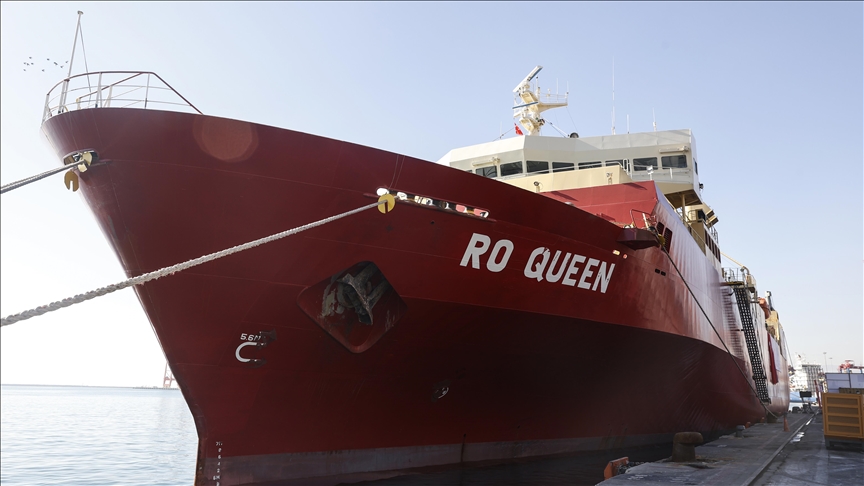
Sudan’s army-controlled government has amended the country’s transitional constitution, strengthening General al-Burhan’s SAF’s control by eliminating references to civilian leadership and the rival Rapid Support Forces (RSF), according to two sources.
The amendments, finalized late Wednesday, mark the most significant overhaul of Sudan’s constitutional framework since war erupted in April 2023.
The move follows SAF chief Gen. Abdel Fattah al-Burhan’s recent announcement that he is preparing a wartime cabinet.
The changes come as the RSF holds separate talks in Nairobi, where it is expected to sign a political charter on Friday, laying the groundwork for a civilian administration, dubbed the “Government of Peace and Unity.”
In response, Sudan’s pro-army government recalled its ambassador to Kenya on Thursday in protest.
The war between the SAF and the RSF has fractured Sudan, triggered a humanitarian catastrophe, and drawn in regional powers. Efforts to broker a resolution have largely stalled.
While the RSF initially gained the upper hand, the SAF has recently reclaimed ground in Khartoum and central Sudan.
The SAF and its allied government operate from Port Sudan on the Red Sea, which serves as their base of operations.
A Document Rewritten for Military Rule
Sudan’s constitutional document was originally signed in 2019 by the SAF, the RSF, and the civilian Forces of Freedom and Change (FFC) coalition following the overthrow of longtime dictator Omar al-Bashir.
It was designed to guide the country toward democratic elections, with former rebel groups also receiving government positions.
The war erupted in 2023 after tensions between the military factions over power-sharing escalated. While the RSF initially made rapid territorial gains, it now faces mounting pressure as the SAF regains ground.
The new constitutional amendments formally remove all references to the RSF and the FFC while stripping civilians of any role in the ruling Sovereign Council, according to sources who spoke on condition of anonymity.
Under the revised structure, the Sovereign Council will consist of nine members: six senior officers appointed by the SAF command and three former rebel leaders. The amendments also grant Burhan, as council head, the authority to appoint and dismiss a civilian prime minister.
Rebel groups allied with the SAF will retain their share of cabinet positions, underscoring their continued importance to the SAF’s war effort.




